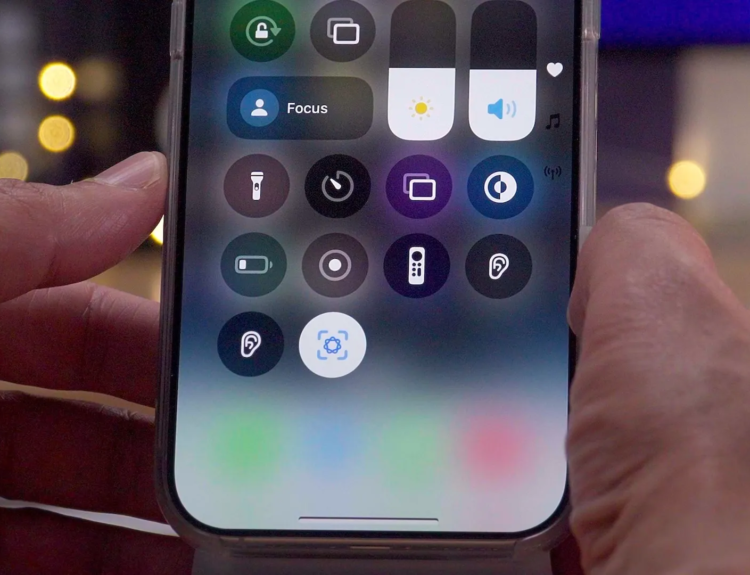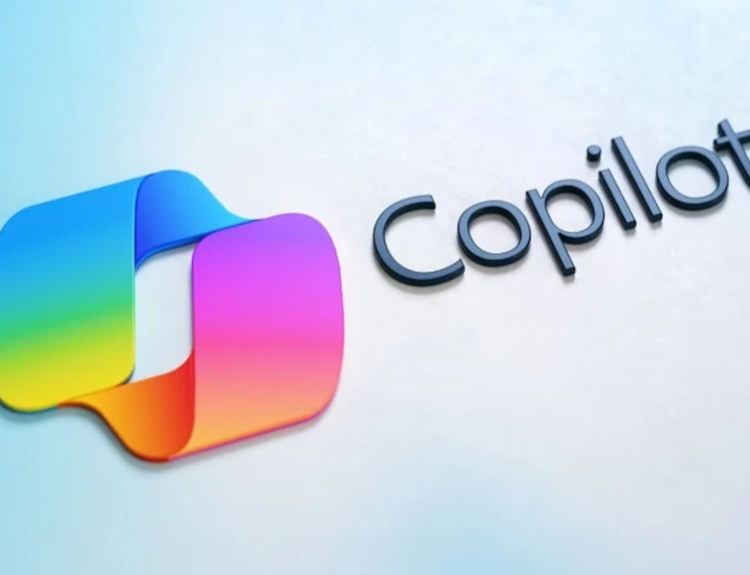Meta, the tech giant behind Instagram, has sparked intrigue with its latest experiment: AI-generated comments, as reported by TechCrunch on March 21, 2025. This feature, currently in a limited testing phase with a select group of users, marks a significant evolution in how artificial intelligence is being woven into social media. Beyond its immediate functionality, this development touches on far-reaching themes—user behavior, platform integrity, economic shifts, cultural dynamics, and even the philosophical essence of human connection in the digital age. Let’s unpack this innovation layer by layer, exploring its potential benefits, inherent risks, and the broader, more profound implications it carries for society and beyond.
The Mechanics and Appeal of AI-Driven Interaction
The concept is straightforward yet ambitious: an AI tool suggests comments for Instagram users to post with a tap. Picture this—you’re browsing a friend’s post of a sunset hike, and instead of fumbling for words, the AI offers options like “Breathtaking scenery!” or “Love the vibes!” For the socially hesitant or time-pressed, this could be a game-changer, reducing friction and boosting engagement. Early testers have reportedly found it a handy shortcut, especially for those moments when inspiration doesn’t strike. It’s not hard to see the appeal: a nudge toward participation without the mental effort.
On a technical level, this builds on Meta’s existing AI prowess. The company already employs AI for content moderation, ad targeting, and even summarizing comment threads on Facebook, as noted in a 2023 Meta AI overview. Extending this to comment generation feels like a natural progression, promising a more seamless user experience. For Instagram, where positivity often drives interaction (think likes and heart emojis), AI could amplify that upbeat tone, potentially making the platform feel more inclusive and lively.
The Shadow Side: Authenticity and Manipulation
But here’s where the cracks appear. Social media thrives on authenticity—those quirky, imperfect snippets of human thought that forge bonds. AI-generated comments, while efficient, risk turning that into a sterile echo chamber of clichés. A flood of “Great pic!” or “So cool!” might pad engagement metrics, but it could hollow out the soul of conversation. Imagine a friend’s heartfelt post met with robotic praise—it’s convenient, sure, but does it connect? A Pew Research study on social media underscores how users value genuine interaction, hinting at potential resistance to this shift.
The stakes climb higher when you consider manipulation. AI comments could be hijacked by brands, influencers, or political operatives to simulate grassroots buzz—a digital sleight of hand known as astroturfing. Picture a product launch swamped with AI-crafted raves, or a controversial post buried under engineered outrage. This isn’t sci-fi; it’s an extension of tactics already plaguing platforms, as documented in a MIT Technology Review piece on social media manipulation. If scaled up, this tech could distort reality on Instagram, eroding trust in what’s genuine versus what’s orchestrated.
Economic and Workforce Ripples
Zooming out, the economic implications are seismic. Instagram’s ecosystem employs countless human moderators to sift through comments, flagging spam or hate speech. If AI takes over not just moderation but creation of comments, those jobs could shrink. Automation has already reshaped industries—think factory robots or self-checkout kiosks—and social media might be next. A World Economic Forum report predicts AI could displace 85 million jobs globally by 2025, and this could add fuel to that fire, particularly for gig workers or low-wage moderators in developing countries.
On the flip side, it might birth new roles. Someone has to train these AIs, fine-tune their tone, and ensure they don’t veer into absurdity or offense. Tech optimists, like those cited in a Forbes article on AI job creation, argue this shift could elevate human work toward creativity and oversight, but history suggests the transition won’t be smooth—or equitable.
Privacy, Data, and Power Dynamics
Then there’s the data question. Crafting contextually apt comments demands deep insight into user habits—what you post, like, and say. Meta’s already a titan of data collection, and this feature could supercharge that, analyzing not just your profile but your social graph to predict what you’d plausibly comment. It’s a privacy trade-off: convenience for surveillance. In an era of data breaches and regulatory scrutiny—think GDPR or CCPA—this could fuel backlash, as highlighted in a CNBC report on Big Tech privacy concerns. Users might feel their digital selves are being mined to script their voices.
This also tilts power further toward Meta. By shaping how we interact, the company doesn’t just host the conversation—it scripts it. That’s a subtle but profound shift, raising questions about agency. Are we still the authors of our online lives, or are we outsourcing that to an algorithm?
Cultural and Societal Reverberations
Culturally, AI-generated comments could reshape norms. Instagram’s visual-first ethos already favors curated perfection—filters, captions, hashtags. Add AI comments, and we might see a feedback loop of polished banality, where raw, messy humanity gets smoothed over. Subcultures that thrive on wit or sarcasm (think meme pages or niche fandoms) could lose their edge if AI opts for safe, middle-of-the-road responses. A BBC analysis of social media culture notes how platforms shape expression, and this could accelerate that trend.
Globally, this hits differently. In regions where Instagram is a lifeline for expression—like activism in restrictive regimes—generic AI comments could dilute impact. A protest post needs visceral, human solidarity, not a bot saying “Powerful image!” Research from Amnesty International highlights social media’s role in activism, underscoring what’s at stake. Conversely, in hyper-connected markets like the U.S. or South Korea, it might accelerate social media’s gamification, where engagement becomes a numbers game, not a human one.
The Philosophical Underbelly
At its deepest level, this experiment prods at what it means to be human in a digital world. Comments aren’t just text—they’re gestures of recognition, empathy, or dissent. If we delegate that to AI, are we ceding a piece of our social soul? Philosophers like Heidegger warned of technology enframing human experience—reducing it to a resource to be optimized, as explored in a Stanford Encyclopedia of Philosophy entry. Meta’s move could be a step toward that, where even our words become a frictionless cog in the machine.
Yet there’s an optimistic counterpoint. AI could free us from mundane interactions, letting us focus on what matters—real conversations, offline life. The trick is balance: using tech to enhance, not replace, our humanity, a tension unpacked in a New York Times essay on AI’s societal role.
The Big Picture: A Tipping Point?
Meta’s AI comment test isn’t just an Instagram tweak—it’s a bellwether for the AI age. It dovetails with trends like ChatGPT-powered chatbots, AI art generators, and virtual influencers, all blurring the line between human and machine. If successful, it could ripple across Meta’s empire (Facebook, WhatsApp) and beyond, setting a precedent for TikTok, X, or YouTube to follow. But success isn’t guaranteed. User pushback, technical glitches (imagine AI spamming “Nice!” on a tragedy post), or regulatory hurdles could stall it, as a Reuters analysis of AI regulation suggests.
For society, this is a microcosm of AI’s promise and peril—efficiency versus authenticity, innovation versus ethics. Instagram’s beating heart is its people—their stories, quirks, and connections. AI can amplify that pulse, but if it drowns it out, we might all be left scrolling a feed that feels eerily alive yet strangely empty. As Meta tests this frontier, the world watches—not just for what’s next, but for what it says about who we’re becoming.
Top 10 FAQs About Meta’s AI-Generated Comments on Instagram
Based on emerging discussions and user curiosity around this feature, here are answers to the latest top 10 frequently asked questions:
- What are AI-generated comments on Instagram?
They’re pre-written comments suggested by an AI tool, designed to help users quickly respond to posts. Think “Wow, stunning!”—you just tap to post. - Who can use this feature right now?
It’s in a limited testing phase with a small group of users as of March 2025, per TechCrunch. No wide rollout yet. - How does the AI know what to suggest?
It likely analyzes post content (e.g., images, captions) and user data to generate relevant responses, building on Meta’s AI tech (Meta AI). - Can I edit the AI’s suggestions?
Details are unclear, but testers seem to use them as-is. Future versions might allow tweaks—stay tuned. - Will this replace human comments?
Not the goal. It’s a convenience tool, not a mandate. Users can still write their own thoughts, though reliance might grow. - Is this safe from spam or bots?
Meta’s AI moderation (Forbes) aims to curb misuse, but clever actors might exploit it for astroturfing. - What about my privacy?
It’ll likely tap your data—posts, likes, connections—raising concerns. Check GDPR or CCPA for your rights. - Could brands flood posts with fake praise?
Yes, that’s a risk. A MIT Technology Review piece warns of such manipulation potential. - Will it work in all languages?
Not specified yet, but Meta’s AI supports multiple languages elsewhere (Meta AI Blog), so it’s plausible. - When will it launch for everyone?
No date set. Testing outcomes and user feedback will decide, with possible regulatory snags (Reuters) in play.








